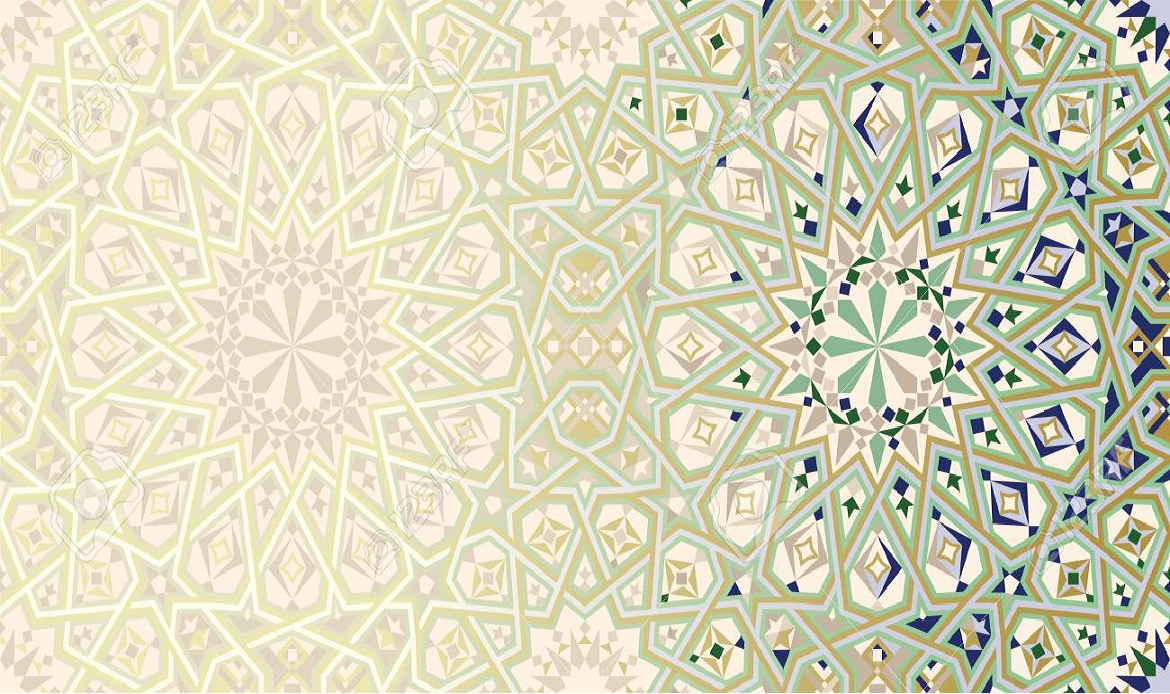A type of sale (ba’i) in which the transaction is effected based on detailed description of the object of sale. Some fuqaha defined it as the sale in which the buyer doesn’t see the object of sale before contract consummation, but is rather given details about its features and specifications. Others explained it as the sale whereby the seller outlines the features and specifications of an object of sale, without having it in his possession at the time of sale. Then, the seller procures it and hands it over to the buyer.
In this sense, ba’i al-sifah includes two types of sales: ba’i al-ghayeb (sale of the unseen/ invisible) and ba’i al-mawsoof fi el-zhimmah (forward sale of fungibles). Consequently, salam (ba’i al-salam) is categorized under the broader class of buyu’ al-sifah. Hanafis dubbed it “ba’i al-murawadhah” because it involves some degree of deceit and concealment (whether intentional or not). Jumhur al-fuqaha considered this sale valid and shari’a –compliant, namely Malik, Abu Hanifah, Ibn Taymiyyah, and Ibn al-Qayyim, on the basis of the Prophetic maxim about ba’i al-salam (“whoever pays money in advance should do so for known specified measure and weight and for a specified date”- Sahih al-Bukhari, no. 2126).
Ba’i al-sifah (in Arabic script: بيع الصفة) translates as sale by description. It is also called ba’i al-muwasafah (بيع المواصفة).





